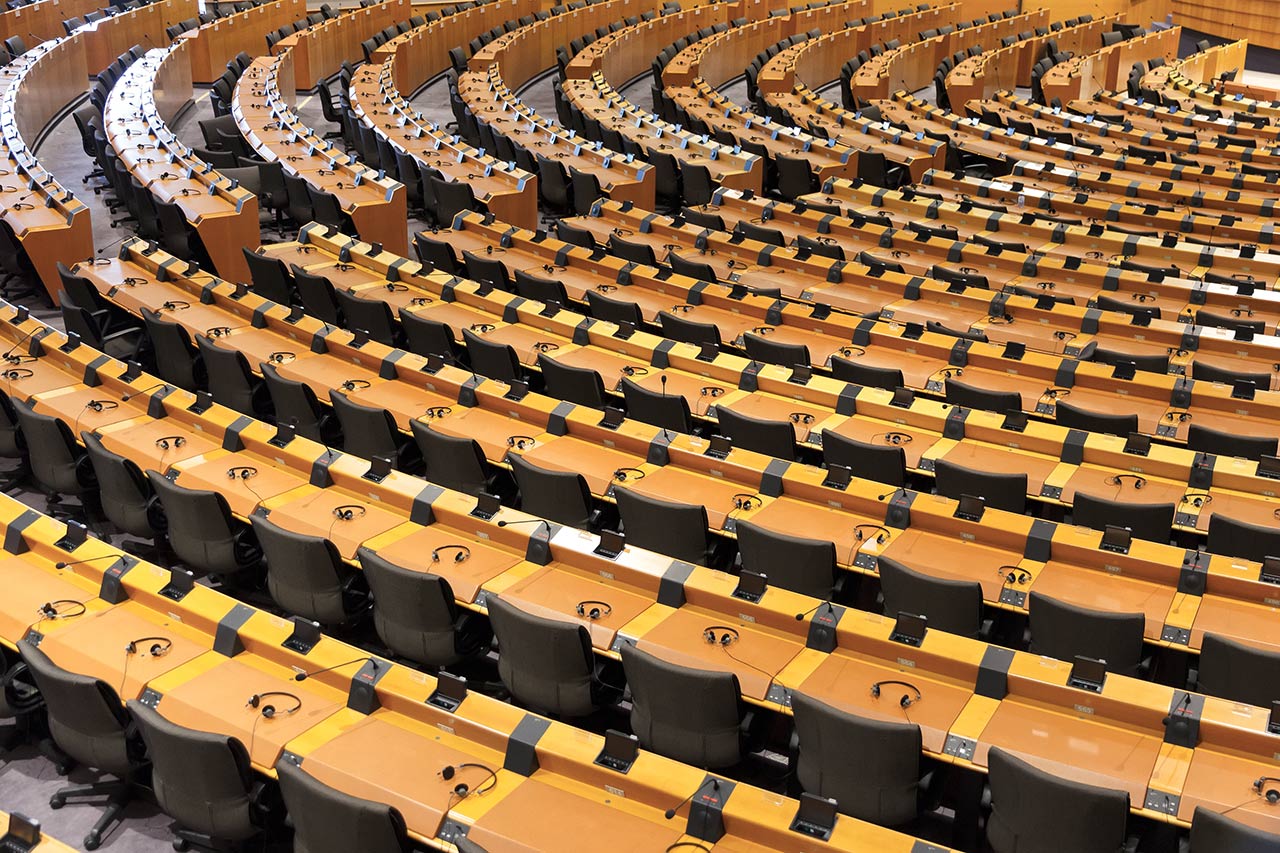What is sustainable development?
A short answer question detailing sustainable development
Question
What is sustainable development?
Answer
Sustainable development is a much contested issue and as Vogler notes ‘over 50 separate definitions of sustainable development have been counted’ (2008:355). However, the most cited and classic statement used to define sustainable development is derived from the 1987 Brundland Commission report which states that.
‘Sustainable development is development that meets the needs of the present without compromising the ability of future generations to meet their own needs.’ (Brundtland, 1987:43)
One of the most common misconceptions derived from this definition is that the concept relates solely to the environment. Whilst this is a core premise of sustainable development, the concept is also about ensuring a peaceful and healthy world. This connotes links to societal justice which is an important dynamic of sustainable development. It is ultimately concerned with wellbeing, social cohesion, inclusion and the creation of equal opportunities.
Following on from the millennium development goals and their shortfalls, the United Nations has established 17 goals to be met by 2030 which relate to industry, innovation and infrastructure, gender equality, zero hunger, no poverty, climate action, affordable and clean energy and responsible consumption and production.
References
Vogler (2008) ‘Environmental Issues’ In J. Baylis, S.Smith and P. Owens (ed) The Globalization of World Politics: An introduction to international relations, 4th edition, Oxford: Oxford University Press. Pp.351-368
Brundtand (1987) ‘Our Common Future: Report of the World Commission on Environment and Development’, The Brundtland Report, Oxford: Oxford University Press
